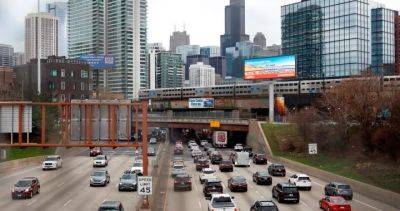Fears of all-out regional war deepen after Israel, Hezbollah exchange heavy fire
Israel launched a series of airstrikes across southern Lebanon in the early hours of August 25, targeting Hezbollah in what it described as a pre-emptive strike. In response, militant group Hezbollah claimed to have launched hundreds of rockets and drones to avenge the killing of one of its top commanders the previous month.
This heavy exchange of fire deepened tension that a big conflict could soon begin that could involve the US, Iran and a number of militant groups in the region.
By mid-morning, the exchange of attacks appeared to have ended, with both sides stating that they had focused their strikes on military targets. However, the situation remained tense, and the full extent of the casualties and damage was not immediately known. At least three people were reported killed in the strikes on Lebanon.
According to the Israeli military, Hezbollah had been planning a significant barrage of rockets and missiles toward Israel. Hezbollah declared that it had initiated an attack on Israeli military positions in retaliation for the killing of Fouad Shukur, one of its founding members, in an Israeli airstrike in Beirut last month.
These escalations occurred as Egypt hosted a new round of talks aimed at ending the ongoing Israel-Hamas war, which has persisted for more than ten months. Hezbollah has indicated it will cease fighting if a cease-fire is reached in Gaza. Iran supports both Hamas and Hezbollah, as well as various militant groups in Syria, Iraq, and Yemen that could become involved in a larger regional






















